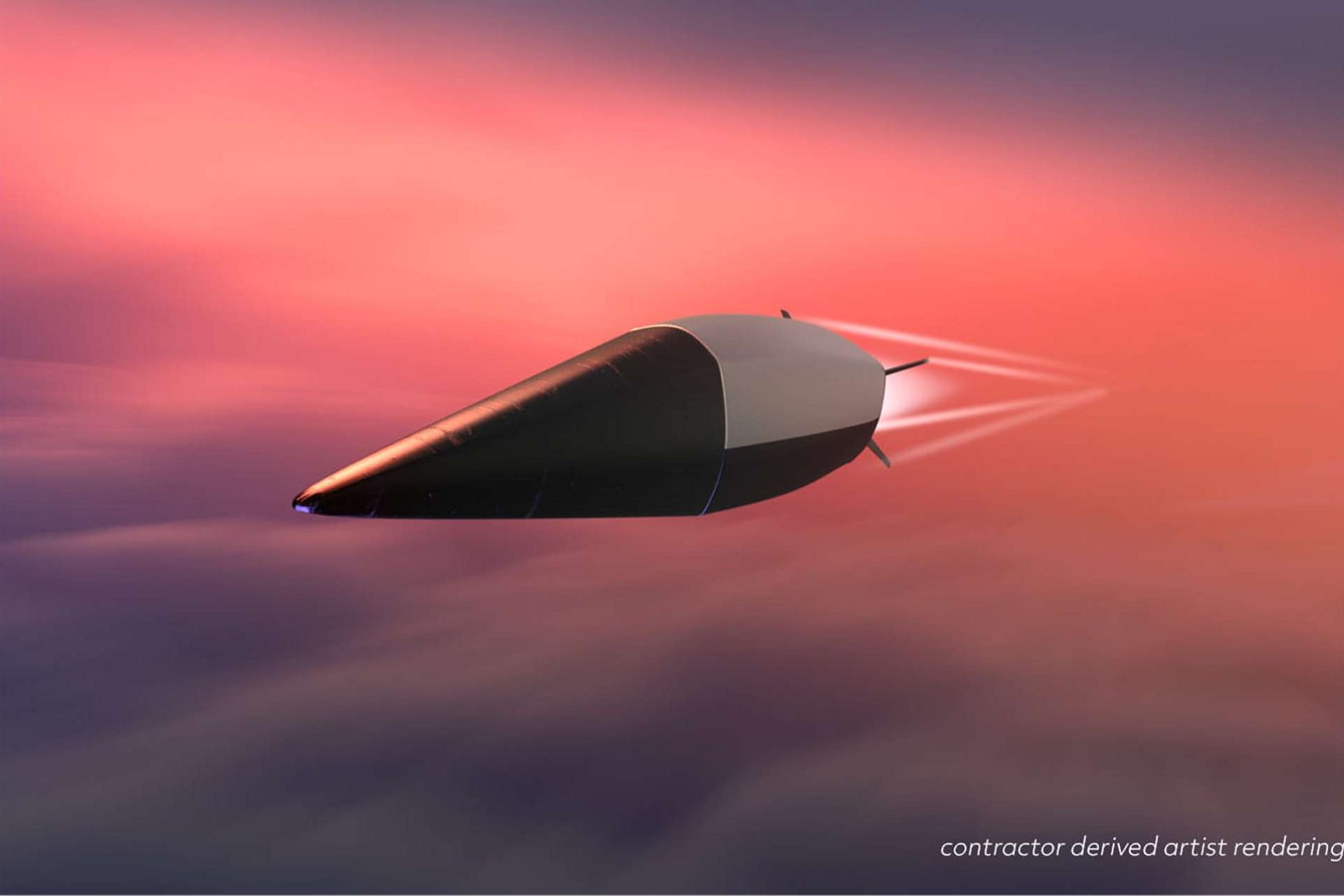Breaking News
AUKUS Nations Accelerate Hypersonic Weapons Development Under New Agreement.
According to information published by the Autralian DoD on November 19, 2024, Australia, the United Kingdom, and the United States have taken a significant step forward in their strategic defense collaboration with the accelerated development of hypersonic weapons and associated technologies under the AUKUS Pillar II framework. The trilateral agreement, formalized under the Hypersonic Flight Test and Experimentation (HyFliTE) Project Arrangement (PA), signals a concerted effort to enhance offensive and defensive capabilities in the face of evolving global threats.
Follow Army Recognition on Google News at this link

AUKUS partners unite to accelerate hypersonic weapon development under the groundbreaking HyFliTE initiative, advancing defense capabilities at unmatched speed. (Picture source: Raytheon)
The HyFliTE PA marks a groundbreaking commitment among the three nations, combining their extensive technical expertise and shared resources. This agreement builds on the outcomes of the AUKUS Defence Ministers' Meeting on September 26, where leaders prioritized the advancement of hypersonic systems under AUKUS Pillar II. The partnership emphasizes both innovation and urgency, aiming to enhance collective strike and defense capabilities.
Central to the agreement is the integration of existing national efforts, leveraging shared testing facilities and undertaking multiple hypersonic test flights across Australia, the UK, and the US. These tests will play a pivotal role in validating hypersonic concepts and accelerating the maturation of critical enabling technologies.
Hypersonic weapons are designed to travel at speeds exceeding Mach 5, or five times the speed of sound, with the flexibility to be launched from land, sea, or air platforms. Their high speed and maneuverability make them uniquely suited to strike time-sensitive, heavily defended targets at extended ranges, ensuring survivability against advanced threats.
The development of such technologies aligns with the priorities outlined in Australia's 2024 National Defence Strategy, which underscores hypersonics as a critical capability for maintaining operational superiority and safeguarding national security.
AUKUS
AUKUS, established on September 15, 2021, is a trilateral security partnership between Australia, the United Kingdom, and the United States, aimed at enhancing security and stability in the Indo-Pacific. A key focus of this alliance is the development of nuclear-powered submarines for Australia under the SSN-AUKUS program. These advanced submarines, which integrate technologies from the UK and the US, are set for construction in the late 2020s and expected to enter operational service by the late 2030s.
Beyond submarines, AUKUS emphasizes collaboration in advanced capabilities, including quantum technologies, artificial intelligence, hypersonic weapons, and cyber defense. The partnership seeks to enhance joint interoperability and readiness among its member nations.
Recent initiatives under AUKUS include substantial investments to expand industrial and workforce capacities. For instance, Australia has allocated AU$4.6 billion to support the UK's submarine production, particularly in reactor manufacturing by Rolls-Royce. Concurrently, the workforce at Barrow-in-Furness in the UK is expanding significantly to meet the demands of the program, reflecting the scale and ambition of this collaboration.
Strategically, AUKUS is viewed as a response to increasing geopolitical challenges in the Indo-Pacific, particularly the rise of China's influence. It aims to preserve a balance of power and ensure a free, open, and stable region. The agreement, however, has sparked international reactions. It led to the abrupt cancellation of Australia’s earlier submarine contract with France, straining diplomatic relations, while China criticized the partnership as a potential trigger for regional instability and an arms race.
AUKUS marks a transformative approach to defense and security cooperation, leveraging advanced technologies and strategic partnerships to address evolving challenges in one of the world's most dynamic regions.


























